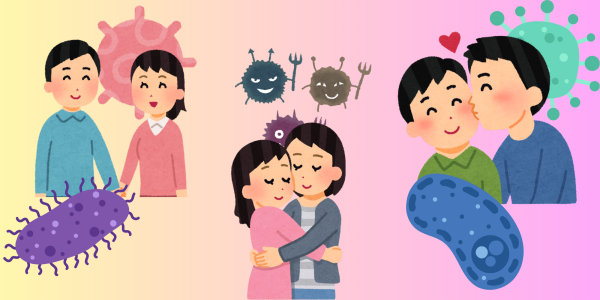It’s natural, it’s normal and it’s time to talk.
Breaking the stigma of female reproductive health
As far as society has come, it’s amazing how many taboos still linger. One of the strangest and most persistent is reproductive health.
The stigma surrounding reproductive health, which, according to the World Health Organization, encompasses a state of complete physical, mental and social well-being, primarily affects women. In a broad context, this can include everything from birth control to menstruation to fertility— the list goes on and on. So why do we hear so little about it? Are we embarrassed? Ashamed? Or are we perhaps just uneducated?
The fact of the matter is that society has taught both men and women that the conversation of reproductive health is one to have behind closed doors— if at all. In reality, however, many may find it surprising just how widespread reproductive health issues truly are. For example, a 2018 study showed that nearly 12 million women in the United State ages 12 to 52 live below the poverty line, and a majority of them don’t have access to feminine sanitary products. In the same light, research done in 2012 revealed that, on average, the most common female contraceptives cost an annual $1,210 per capita. And that’s just the tip of the iceberg.
When it boils down to it, the problem here is not that we don’t constantly have free-flowing discussions about reproductive health. The problem is that by encouraging silence, we are turning a blind eye to the issues that our hesitation and ignorance proliferate.
In all fairness, though, this is easier said than done. As I was writing this editorial, a male teacher of mine happened to look over my shoulder and see an article titled “Talking About Menstruation Without Shame” plastered to my computer screen in big, bold letters. To say the very least, I was mortified. But it was only after this awkward encounter that I realized how ironic my embarrassment was. There I was, criticizing society for being ashamed to address reproductive health, yet I shut down the moment it actually came up.
That just shows how much progress there is to be made. At the end of the day, reproductive health is a perfectly natural subject, and we have every reason to talk about it. All in all, it only takes one conversation to get the ball rolling.
Your donation will support the student journalists of White Station High School. Your contribution will allow us to purchase equipment and cover our annual website hosting costs.







































